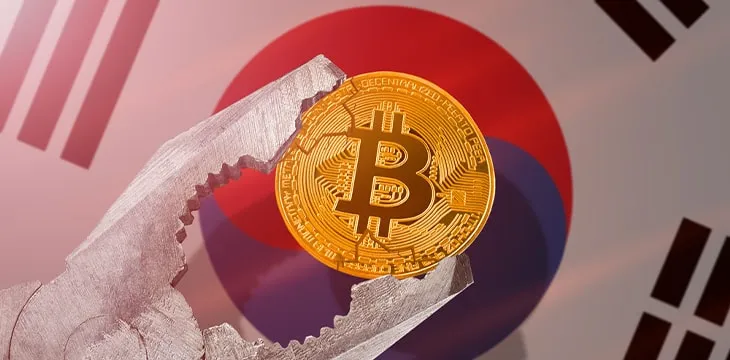|
Getting your Trinity Audio player ready...
|
The scope of regulations coming to the digital currency space in South Korea is getting clearer. The South Korean Parliament is now considering several recommendations made by the Financial Services Commission (FSC).
Korea Economic Daily (KED) got an exclusive look at the FSC report titled “The Comparative Analysis of the Virtual Property Industry Act.” The highlights from the document point to new regulations aimed at introducing stricter licensing requirements for digital currency exchanges and token issuers based on the risks involved.
One recommendation the document makes is forcing token issuers to submit a white paper to the FSC. The white paper should contain details of who the founders are and how the ICO funds will be spent.
After the initial filing of the white paper, any updates will have to be submitted to the FSC seven days before they take effect. The law will also apply to token issuers who are not South Korean nationals.
On stablecoins, the FSC recommended that stablecoin issuers would need to comply with set asset management plans in how they use collateral and how many coins they can mint.
Additionally, recommendations are made to mitigate insider trading, pump-and-dump schemes, price manipulation, and wash trading among digital currency exchanges. It will also set industry-standard transaction fees.
Per the KED report, the National Assembly considers the legislation one of the “most urgently needed protections.” The legislation, if passed, will replace the Capital Markets Act under which the digital currency space is currently operating.
Penalties for failing to comply with the law include fines and even imprisonment. These will be stricter than the Capital Markets Act punishment and will be enforced by a new oversight body—the Digital Assets Management Institute.
South Korea, Terra, and digital currency regulation
The FSC document is coming after another leaked report indicated that South Korea plans to speed up its Digital Assets Basic Act (DABA) to ensure that enforcement begins in 2024.
The renewed rapid pace of South Korea to regulate the digital currency market has been tied to the mayhem caused by the South Korea-made Terra project. According to a CNBC report, the government is now probing Terraform Labs and its CEO Do Kwon, as well as local exchanges.
Meanwhile, South Korea recently unveiled regulations for digital currency exchanges that introduced new travel rules. The legislation was an addition to another tranche of licensing requirements made last year.
Watch: SEC Commissioner Hester Peirce on Bitcoin Association’s Blockchain Policy Matters

 06-30-2025
06-30-2025 





